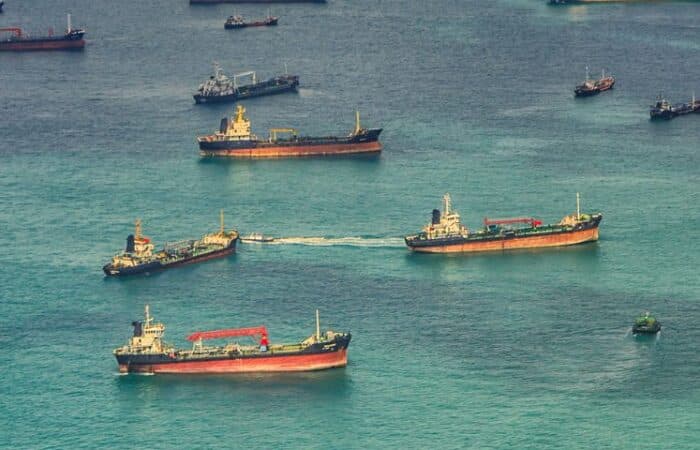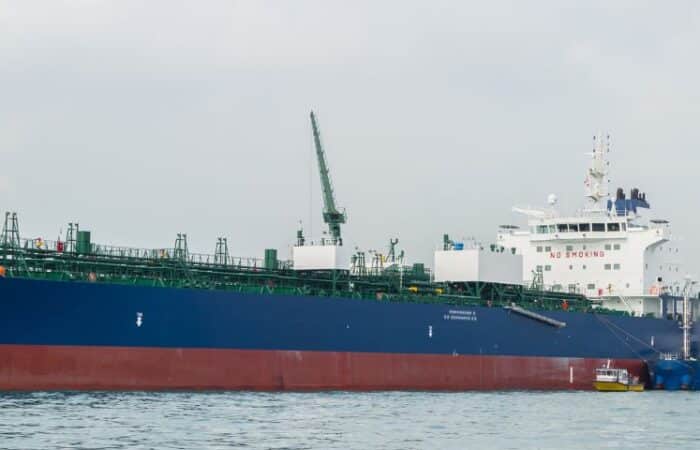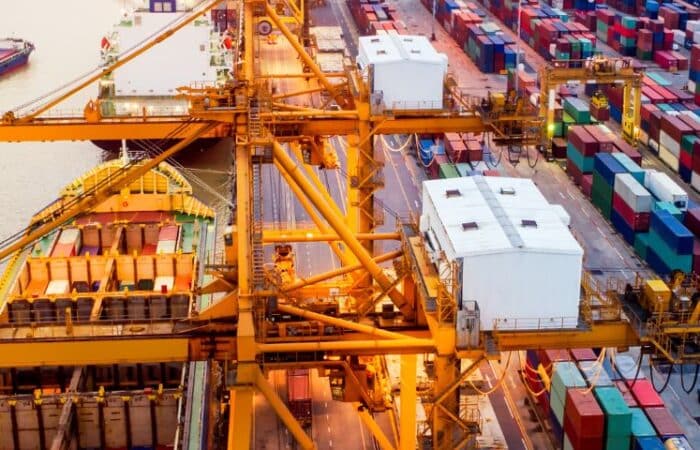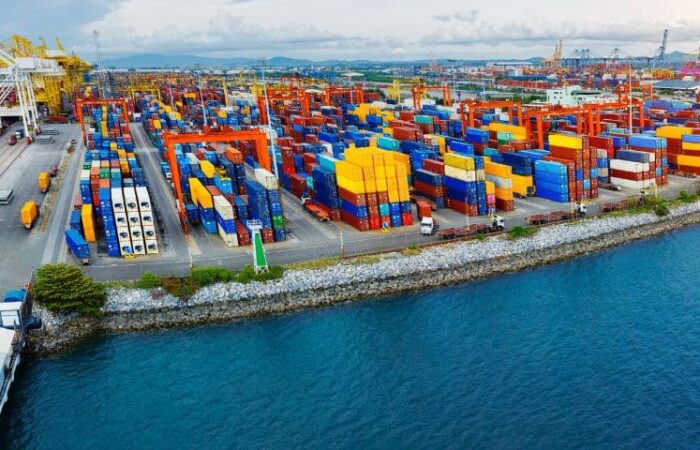Sanctions Compliance
What is Sanctions Compliance?
Sanctions compliance from a maritime perspective involves ensuring that shippers adhere to and comply with all international sanctions. They can take various forms, including trade embargoes, asset freezes, travel bans, and other economic measures.
Businesses and organizations in the maritime industry that work with foreign entities need to be particularly careful to comply with sanctions laws and regulations. Failure to comply can result in severe penalties, including fines, imprisonment, and even the loss of business licenses.
What are Sanctions?
Sanctions are “an action that is taken or an order that is given to force a country to obey international laws by limiting or stopping trade with that country, by not allowing economic aid for that country, etc.”
They are often imposed by one or more countries or international organizations on another country, entity, or individual in response to specific actions or behaviors that are deemed unacceptable. Sanctions are a tool used in diplomacy and foreign policy to promote international security or protect human rights.
The Global Sanctions Landscape
The global sanctions landscape is intricate and multifaceted, with numerous countries and international bodies implementing measures to address security threats, human rights violations, and other significant global issues. Sanctions are imposed by countries or international organizations, such as:
As the geopolitical climate evolves, so does the sanctions landscape, making it imperative for businesses, especially those in shipping and freight, to stay informed and ensure robust compliance mechanisms are in place.

Sanctions’ Impact on the Maritime Industry
The maritime industry plays a pivotal role in global trade, with ships transporting approximately 80% of the world’s goods. Ensuring sanctions compliance is essential to maintaining the integrity of international trade and safeguarding national and global security. Non-compliance can result in severe penalties, including hefty fines, imprisonment, and a tarnished reputation, which can ultimately lead to loss of business and trust among partners and customers.
Sanctions have a significant impact on the maritime industry:
- Shipping restrictions: sanctions can prohibit or restrict the movement of ships from the sanctioned country. This can include banning entry of a ship to specific ports, prohibiting the use of territorial waters, or imposing limits on goods that can be transported in or out of a country.
- Financial impact: companies that violate sanctions may have their assets frozen, even if they merely have merchandise on a ship that entered a sanctioned port.
- Supply chain disruption: limiting or prohibiting the transport of certain goods to and from sanctioned companies could have far-reaching implications for supply chains.
Best Practices for Sanctions Compliance
The complexity of maritime operations, with its complicated network of stakeholders and extensive supply chains, makes it susceptible to sanctions violations, necessitating robust compliance mechanisms. These best practices include:
- Robust due diligence: conduct thorough due diligence on partners, customers, suppliers, and third parties involved in business transactions. Ensure they are not on any sanctions lists or involved in sanctioned activities.
- Implement sanctions screening processes: sanctions screening is the process of checking whether an individual or entity is listed on a sanctions list, or watchlist. Implement Maritime AI™ for real-time monitoring to flag potential violations promptly.
- Training and education: provide regular training to employees involved in international transactions or compliance functions. Ensure they understand the nuances of sanctions compliance and recognize warning signs of potential violations.
- Risk-based approach: develop a risk-based compliance program tailored to your business operations. Assess and prioritize risks associated with different transactions, countries, and counterparties to allocate resources effectively.
- Internal controls and policies: establish robust internal controls, policies, and procedures to prevent, detect, and report potential sanctions violations. Ensure clear guidelines on how to handle transactions in high-risk regions, or with suspicious entities.
- Culture of compliance: foster a culture of compliance within the organization, emphasizing the importance of ethical business practices and strict adherence to sanctions regulations at all levels.
How a Maritime AI™ Platform Can Help Ensure Sanctions Compliance
Maritime AI™ offers comprehensive solutions to ensure sanctions compliance and mitigate risks within the maritime industry:
- Full sanctions compliance evaluation: through advanced algorithms and data analytics, Windward’s Maritime AI™ platform conducts thorough sanctions screening and trade compliance checks for both wet/dry bulk and container shipments. It scrutinizes transactions against global sanction lists to ensure adherence to regulations.
- Exhaustive due diligence: the system conducts thorough due diligence, not just on maritime entities, but across the entire supply chain and logistics network. This includes vetting both maritime and non-maritime entities involved, identifying potential risks at various touch-points within the supply chain.
- Illicit activity detection: leveraging patent-pending models, Maritime AI™ detects deceptive shipping practices, including location (GNSS) manipulation, and clandestine ship-to-ship operations. This capability helps to uncover covert activities that may breach sanctions or regulations.
- Customized insights: Maritime AI™ provides fully scalable and configurable risk indicators tailored to each entity’s risk profile. This customization allows for a nuanced evaluation of risk factors, enabling organizations to prioritize and address high-risk areas effectively.
- Know your vessel (KYV): a concept used to describe the process of vetting a vessel to identify the risk of sanctions. Similar to know your customer (KYC) processes that protect financial organizations from facilitating financial crimes, KYV enables organizations in the financial services, commodity trading, oil and energy, and shipping sectors to manage risk at scale.
By combining these capabilities, Maritime AI™ facilitates a proactive approach to sanctions compliance, empowering stakeholders with actionable insights to maintain adherence to regulatory frameworks and detect potential violations across the maritime supply chain.



















